14 Everyday Drinks Secretly Sabotaging Your Blood Pressure Efforts
In today’s fast-paced world, maintaining optimal health is more challenging than ever, with rising stress levels and dietary choices often leading us astray. One critical health parameter that demands attention is blood pressure. High blood pressure, or hypertension, is a silent killer that can lead to heart disease, stroke, and other serious health issues. While many focus on reducing salt intake or exercising more, the beverages we consume daily can also significantly impact blood pressure levels. This article explores 14 common drinks that could be quietly derailing your blood pressure goals. Surprisingly, we’ll also unveil one lifesaver drink that can help you maintain healthy blood pressure. As we delve into these drinks, you’ll discover how seemingly harmless choices can have profound effects on your health.
1. The Caffeine Culprit: Coffee

Coffee is a beloved morning ritual for millions, offering a much-needed energy boost to start the day. However, caffeine, the active ingredient in coffee, has been shown to cause a temporary spike in blood pressure. This effect is more pronounced in individuals who are not regular coffee drinkers. The caffeine-induced increase in adrenaline levels can lead to heightened blood pressure, which, over time, may contribute to hypertension. While moderate coffee consumption is generally considered safe, those with existing blood pressure concerns should monitor their intake closely. Opting for decaffeinated coffee or reducing overall consumption can help mitigate these effects.
2. Energy Drinks: A Surge of Pressure
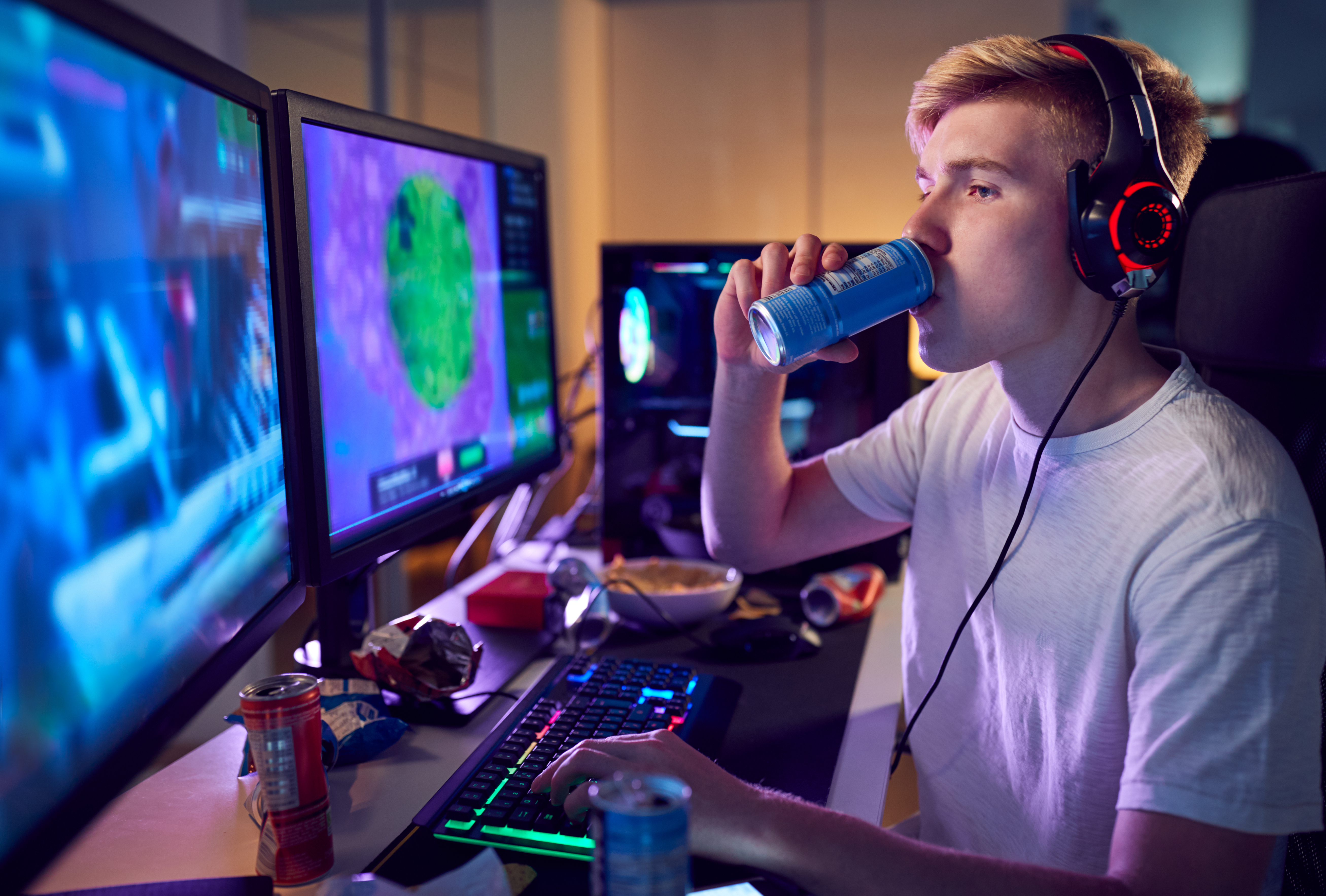
Energy drinks have surged in popularity, especially among young adults seeking quick energy boosts. These beverages often contain high levels of caffeine, taurine, and sugar, creating a potent mix that can significantly elevate blood pressure. The combination of caffeine and other stimulants in energy drinks can lead to increased heart rate and constricted blood vessels, both of which contribute to higher blood pressure. Regular consumption of energy drinks not only undermines efforts to maintain healthy blood pressure but also poses additional cardiovascular risks. Individuals aiming to manage their blood pressure should consider healthier alternatives to these high-octane beverages.
3. Alcohol: The Double-Edged Sword

Alcohol consumption is a common social activity, yet it can have complex effects on blood pressure. While moderate alcohol intake has been associated with certain cardiovascular benefits, excessive consumption can lead to a sustained increase in blood pressure. Alcohol can interfere with the body’s ability to regulate blood pressure by affecting the nervous system and altering hormone levels. Binge drinking, in particular, poses significant risks, as it can cause acute spikes in blood pressure. Those concerned about hypertension should limit alcohol intake to moderate levels, ensuring it does not become a regular part of their routine.
4. Sugary Sodas: The Sweet Misstep

Sugary sodas are a staple in many diets, providing a sweet, fizzy refreshment. However, these drinks are laden with high levels of sugar, which can contribute to weight gain and insulin resistance—both risk factors for hypertension. The excessive sugar content in sodas can lead to increased blood pressure by promoting inflammation and oxidative stress in the body. Furthermore, the empty calories in sugary sodas can displace healthier beverage choices. Replacing sodas with water or naturally flavored beverages can be a crucial step in maintaining healthy blood pressure levels and improving overall health.
5. Diet Sodas: A Deceptive Alternative

While diet sodas are marketed as a healthier alternative to regular sugary sodas, they may not be as benign as they seem. Artificial sweeteners used in diet sodas can have unintended effects on blood pressure. Some studies suggest that these sweeteners may interfere with the body’s natural ability to regulate blood sugar and appetite, potentially leading to weight gain and increased blood pressure. Additionally, the high sodium content in some diet sodas can contribute to hypertension. For those seeking to manage their blood pressure, it’s advisable to limit the consumption of both regular and diet sodas in favor of more natural beverage options.
6. Fruit Juices: Nature’s Sugar Trap
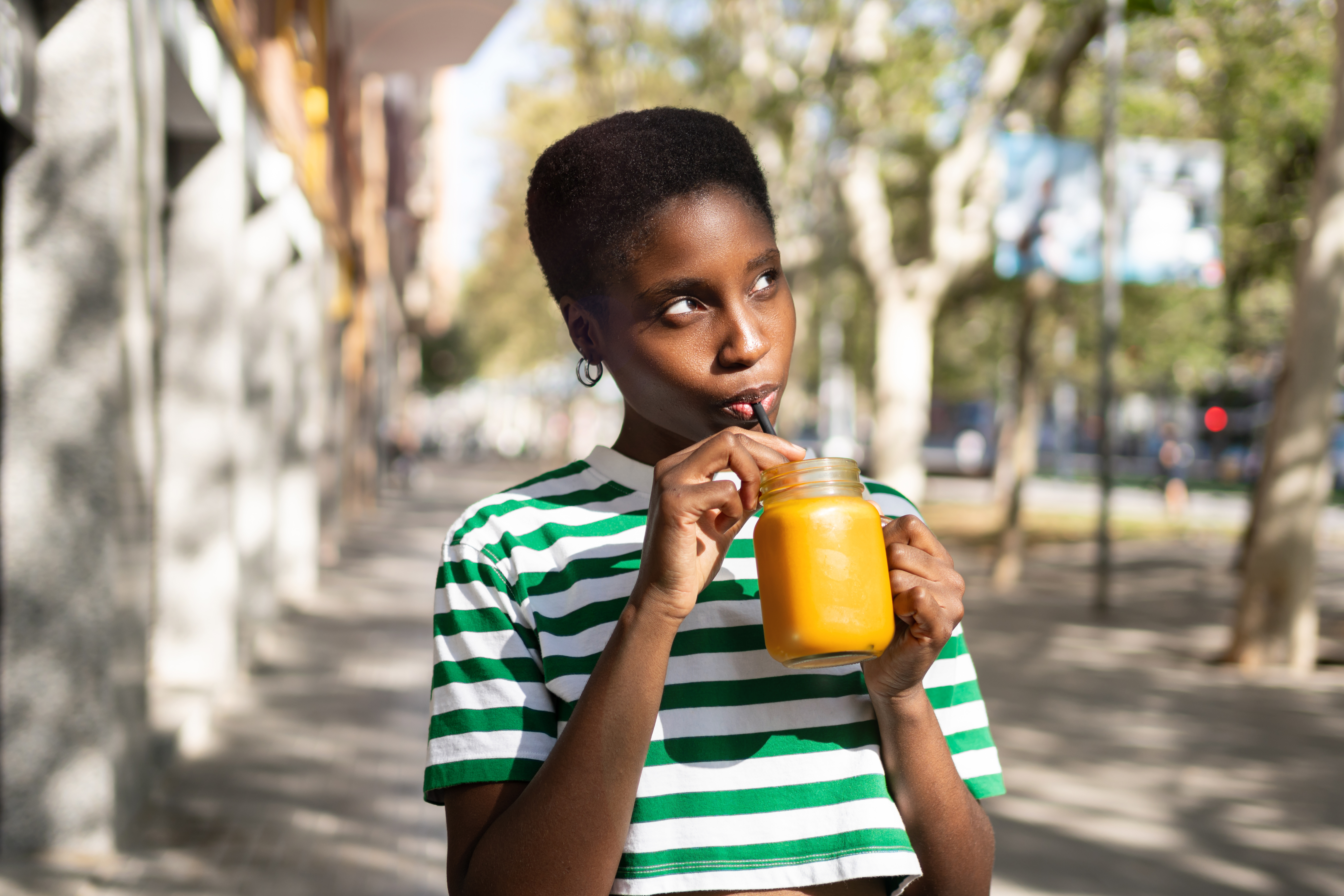
Fruit juices are often perceived as a healthy choice, but they can be deceptively high in sugar and calories. While fruit juices contain some vitamins and minerals, the lack of fiber and the concentration of natural sugars can lead to rapid spikes in blood sugar levels. This, in turn, can affect blood pressure regulation. The high sugar content in fruit juices can also contribute to weight gain, a known risk factor for hypertension. Opting for whole fruits instead of juices can provide the nutritional benefits of fruits without the added sugar load, supporting better blood pressure management.
7. Sports Drinks: The Salty Surprise

Sports drinks are designed to replenish electrolytes lost during intense physical activity, but they can also be high in sodium and sugar. The sodium content in these drinks can contribute to elevated blood pressure, especially in individuals sensitive to salt. While athletes may benefit from the electrolyte balance provided by sports drinks, casual consumers should be cautious. For those not engaged in prolonged, strenuous exercise, water or low-sodium alternatives are better choices for hydration. Monitoring sodium intake through beverages is an important consideration for maintaining healthy blood pressure levels.
8. Flavored Coffees: The Hidden Dangers

Flavored coffees, with their enticing syrups and toppings, have become a popular indulgence. However, these beverages often come with added sugars and calories that can negatively impact blood pressure. The combination of caffeine and sugar can lead to increased heart rate and blood pressure, while the additional calories contribute to weight gain. Regular consumption of flavored coffees can undermine efforts to manage hypertension. For those who enjoy coffee, opting for plain black coffee or using natural flavorings, such as cinnamon or vanilla extract, can be a healthier alternative that supports blood pressure goals.
9. Tea: The Balancing Act

Tea is often celebrated for its health benefits, but not all teas are created equal when it comes to blood pressure. Black and green teas contain caffeine, which can cause short-term increases in blood pressure. However, they also contain antioxidants that may offer long-term cardiovascular benefits. Herbal teas, on the other hand, are generally caffeine-free and can be a soothing alternative for those sensitive to caffeine. Hibiscus tea, in particular, has been shown to have blood pressure-lowering effects, making it a beneficial choice for individuals with hypertension. Choosing the right type of tea and moderating intake can help balance its effects on blood pressure.
10. Milkshakes: The Creamy Culprit

Milkshakes are a decadent treat, but their high sugar and fat content can have adverse effects on blood pressure. The combination of sugar, saturated fats, and calories in milkshakes can contribute to weight gain and insulin resistance, both of which are risk factors for hypertension. Additionally, the high dairy content may not be suitable for individuals with lactose intolerance, leading to digestive discomfort. For those who enjoy creamy beverages, opting for smoothies made with low-fat yogurt and fresh fruits can provide a healthier alternative that supports blood pressure management.
11. Iced Teas: The Sweetened Snare
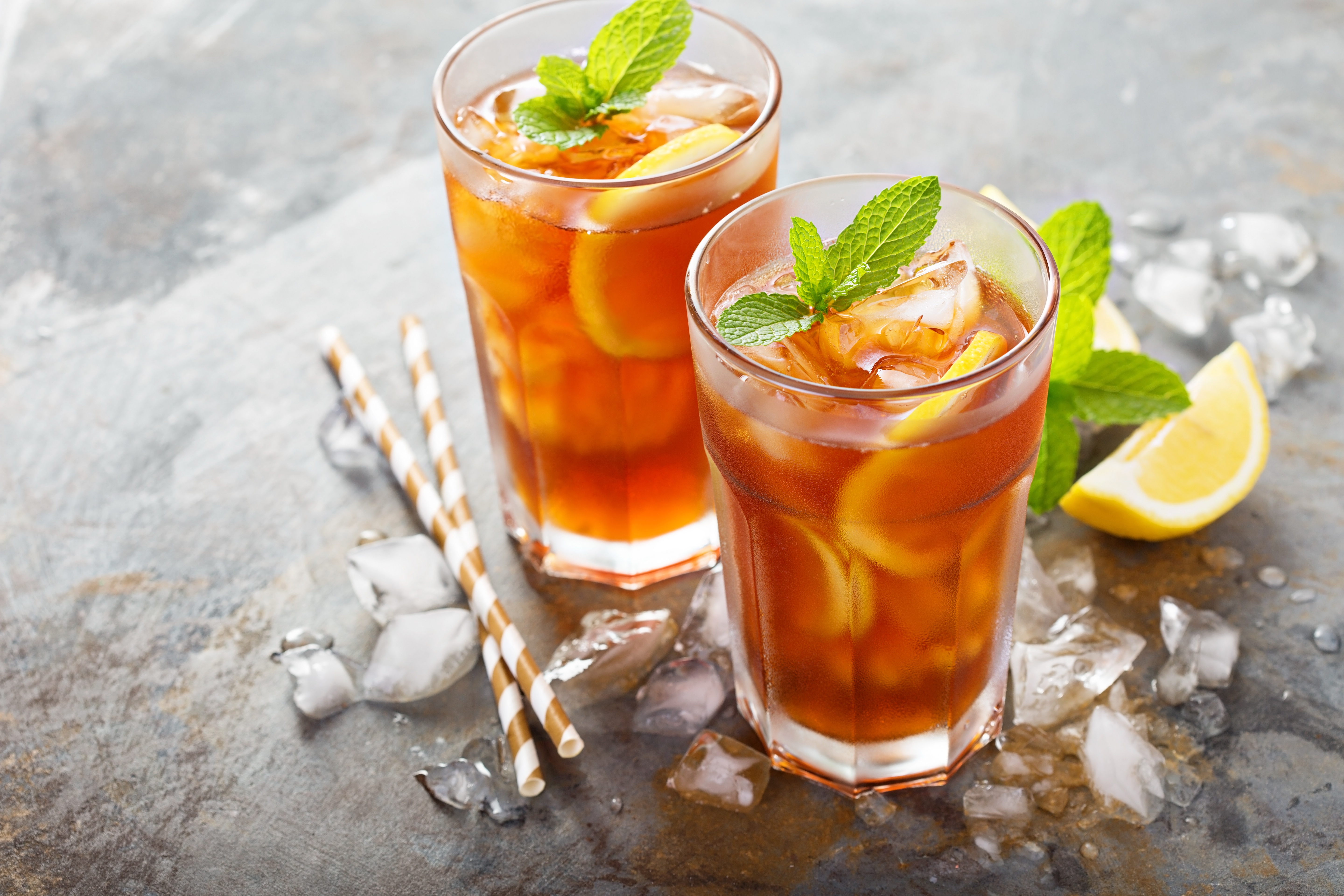
Iced teas, especially those available commercially, can be laden with added sugars that negate their potential health benefits. While tea itself contains beneficial antioxidants, the excessive sugar content in many iced teas can lead to increased calorie intake and weight gain. These factors contribute to elevated blood pressure and undermine efforts to maintain cardiovascular health. Preparing iced tea at home with minimal or no added sugar can be a refreshing and heart-healthy alternative. By controlling the ingredients, you can enjoy the benefits of tea while supporting your blood pressure goals.
12. Flavored Waters: The False Friend

Flavored waters are often marketed as a healthy alternative to sugary drinks, but many contain added sugars and artificial sweeteners. These additives can contribute to increased calorie intake and potential weight gain, both of which can affect blood pressure. The perception of flavored waters as a healthier choice can lead to overconsumption, further exacerbating these effects. For those seeking a flavorful hydration option, infusing plain water with fresh fruits or herbs can provide a natural and refreshing alternative that aligns with blood pressure management goals.
13. Smoothies: The Nutrient Overload
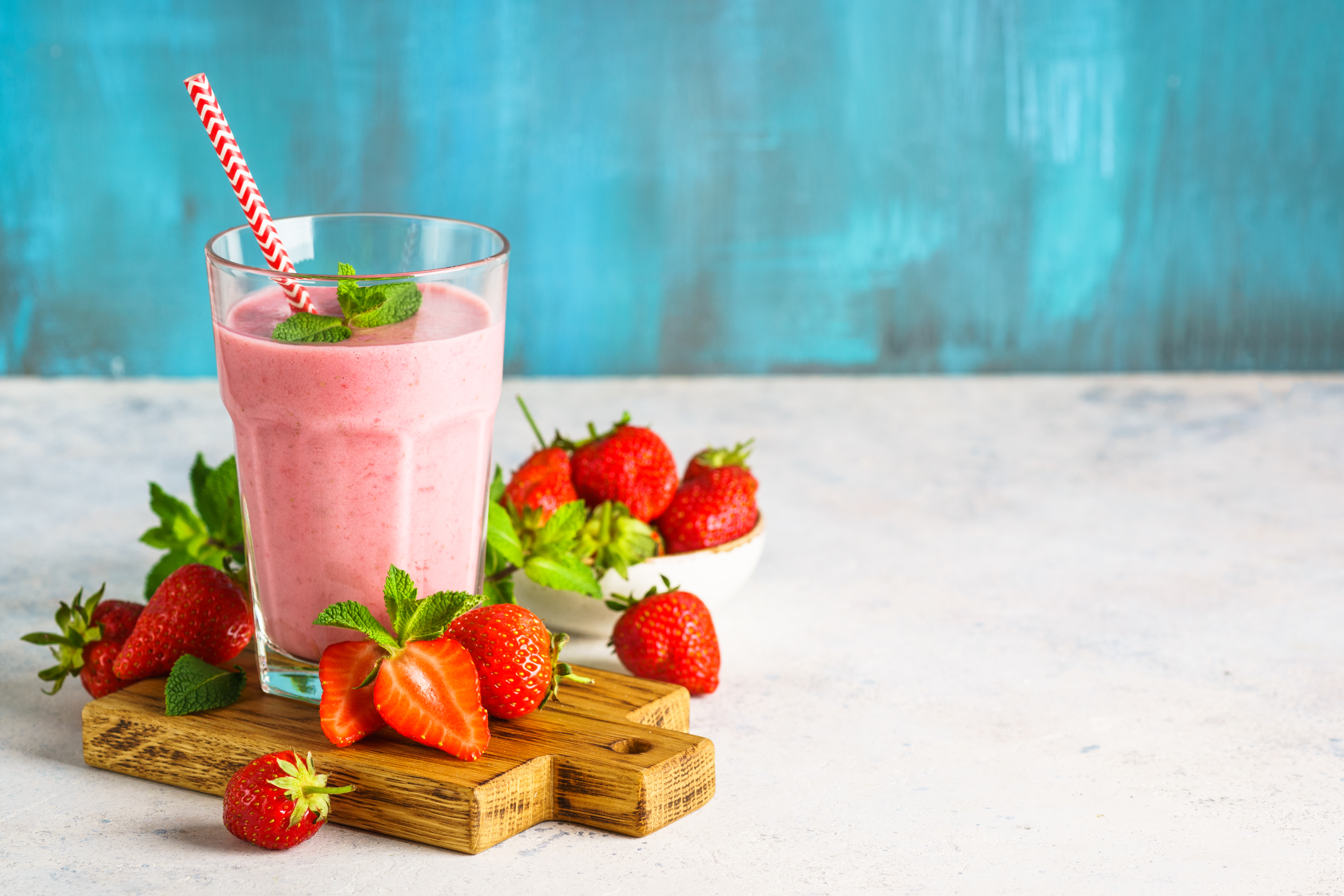
Smoothies, particularly those purchased from commercial outlets, can be a hidden source of excessive sugars and calories. While smoothies made with whole fruits and vegetables can be nutritious, the addition of sweeteners, fruit juices, and high-calorie ingredients can turn them into calorie bombs. The resulting sugar spike can affect blood pressure regulation and contribute to weight gain. For a healthier smoothie option, focus on using fresh, whole ingredients and limit the use of added sugars. This approach allows you to enjoy the nutritional benefits of smoothies while supporting your blood pressure goals.
14. The Lifesaver: Beetroot Juice
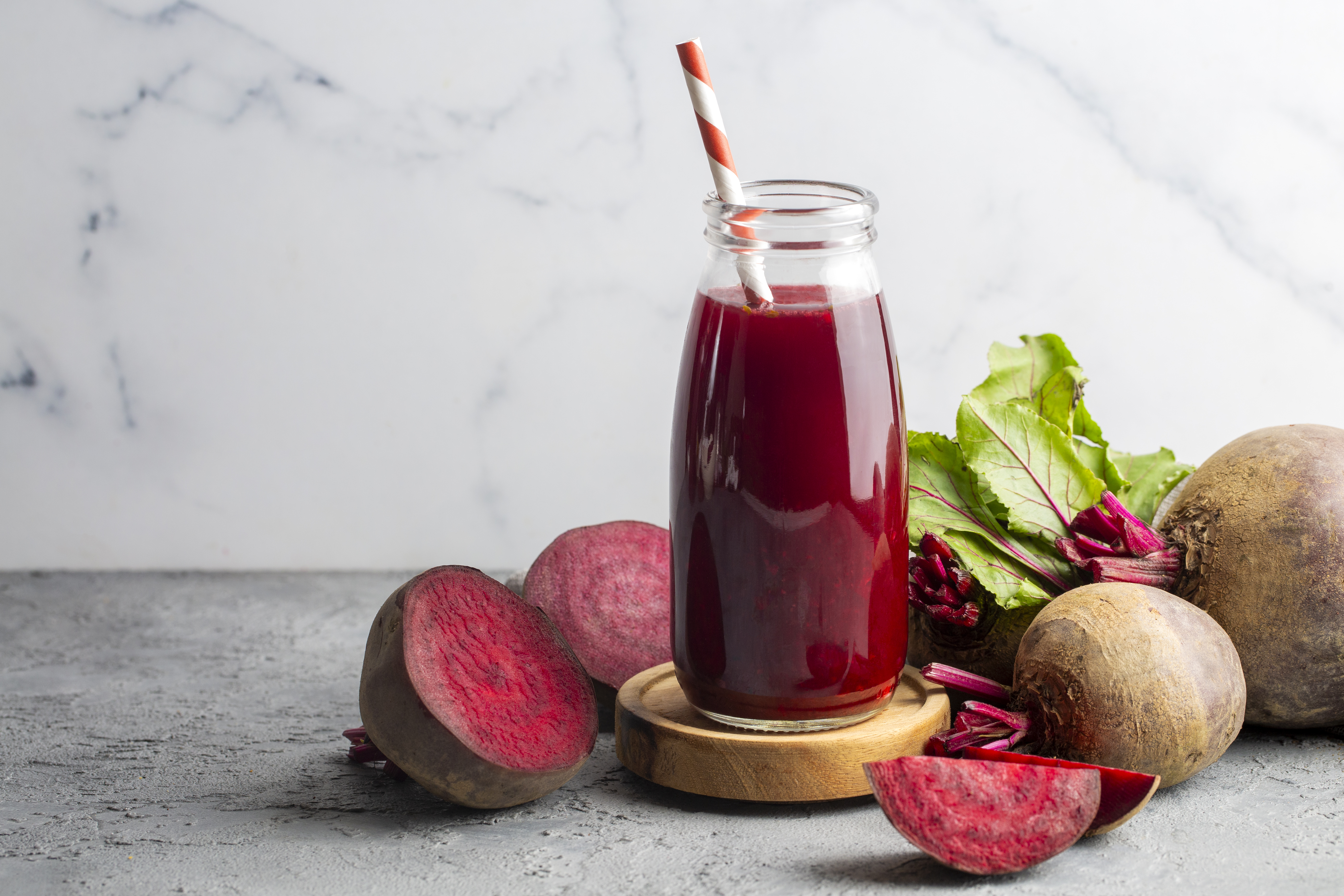
Amidst the array of drinks that can derail blood pressure goals, one beverage stands out as a surprising lifesaver: beetroot juice. Rich in nitrates, beetroot juice has been shown to have significant blood pressure-lowering effects. Nitrates in beets are converted into nitric oxide in the body, which helps relax and dilate blood vessels, improving blood flow and reducing blood pressure. Regular consumption of beetroot juice can be a natural and effective way to support cardiovascular health. Incorporating this vibrant juice into your diet can provide a refreshing and beneficial addition to your blood pressure management strategy.
Sip Wisely
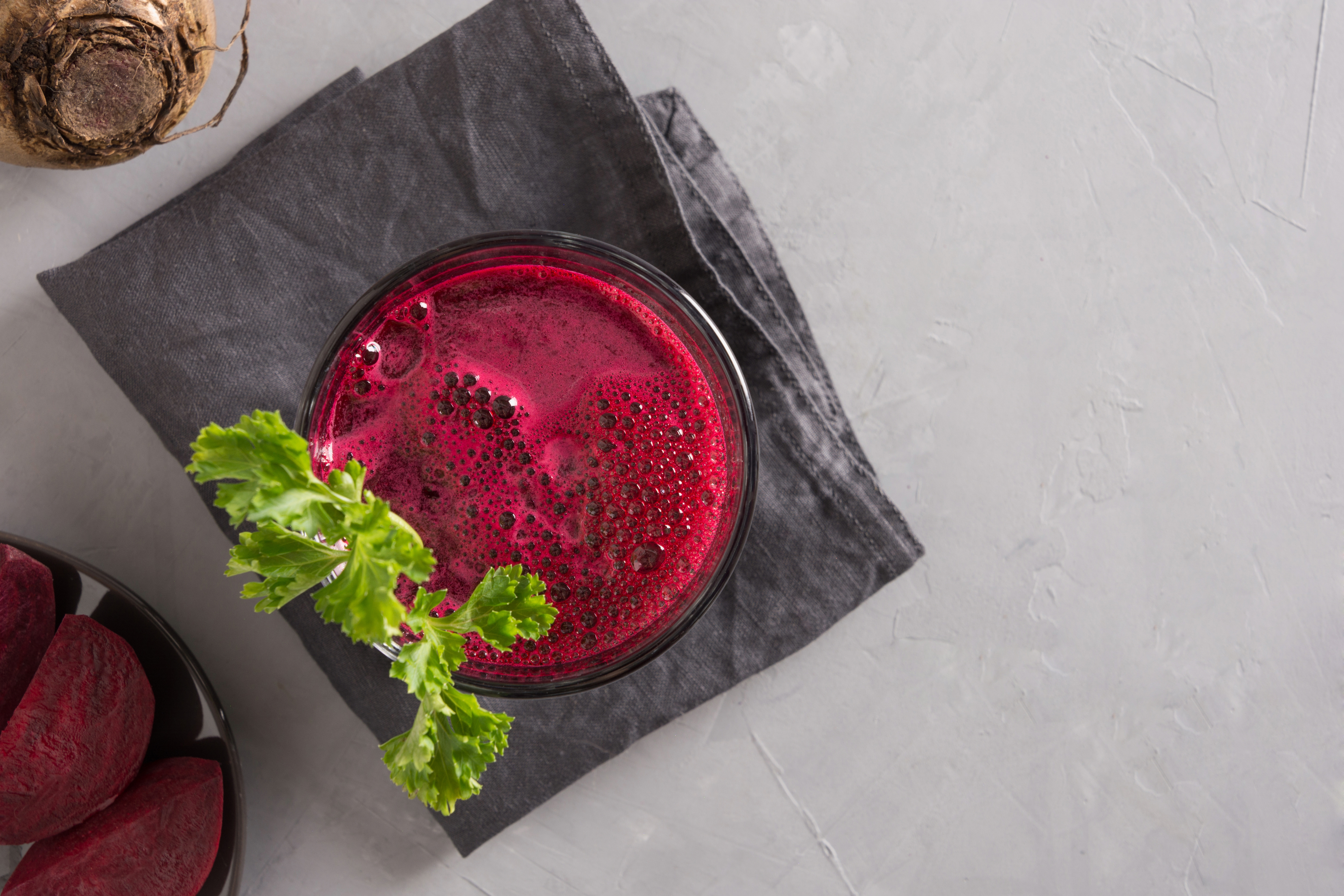
Navigating the world of beverages can be a daunting task, especially when considering their impact on blood pressure. While many common drinks can quietly undermine your health goals, being informed and making mindful choices can make a significant difference. By understanding the potential effects of these beverages and opting for healthier alternatives, you can take control of your blood pressure and overall well-being. Embracing drinks like beetroot juice, while moderating or avoiding those high in caffeine, sugar, and sodium, can pave the way for a healthier lifestyle. As you sip wisely, you empower yourself to achieve and maintain your blood pressure goals, ensuring a healthier future.